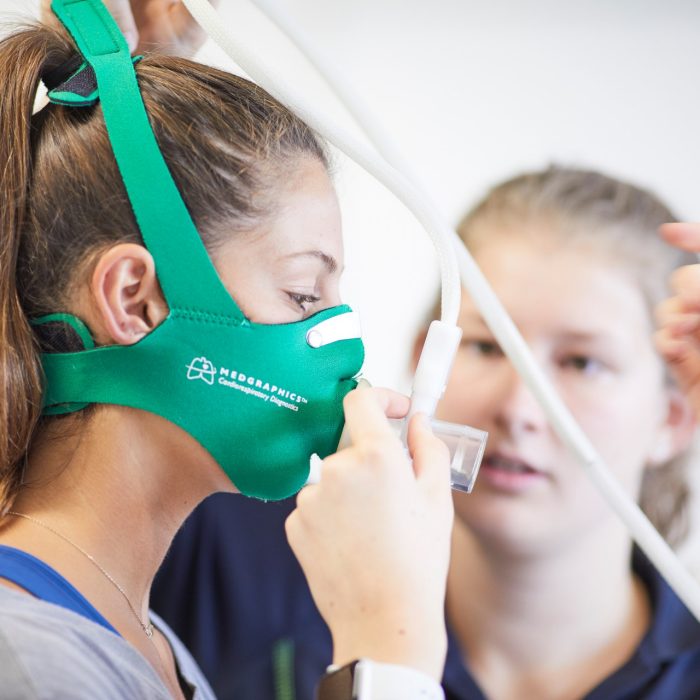Physiology

Explore the functions of living organisms
Physiology is all about what makes human bodies work - how the organs function, how humans grow and develop, how humans sustain bodily functions and what happens to these processes during disease and ageing. Molecular and cellular physiology explores how molecules in cells interact to provide specific functions. Systems or integrative physiology looks at how organs have local and distal actions via neural and humoral (e.g. hormones) communication to sustain the life of an organism.
Physiology contributes to all major aspects of biology, including comparative biology, neuroscience and the allied disciplines of pharmacology, anatomy and pathology. Physiology is a very practical science and the laboratory exercises provide a perspective on how organs, muscles and nerves work. Our lectures, laboratory exercises and tutorials will teach you how your body works (homeostasis) and what can and does go wrong.
Join the forefront of physiology research
Develop your research skills and gain practical experience with our advanced biochemical, electrophysiological and imaging platforms interfacing with the living organism. Physiology at UNSW is represented by world-class research groups at the forefront of biomedical research. They lend this experience and skill to their teaching in the lecture rooms and in the practical student labs. For summer students, honours students and advanced graduate students, there is the opportunity to be trained in the latest physiological research techniques working alongside leading researchers in world-class laboratories.
Unlock a variety of career paths
Physiology opens up a broad range of career opportunities, including:
- biotechnology and pharmaceutical research in areas of marketing, sales and intellectual property development
- medical diagnostics and forensic science
- lifestyle and health industry positions
- occupational health and rehabilitation
- medical careers as physicians and health technicians
- teaching and research in the discipline
Physiologists are specialists in studying the function of cells and tissues. The techniques vary as much as the systems that are being studied.
- Electrophysiologists study the brain and nervous system, from the level of ion channels within individual nerve cells, to broad electrical field responses in the brain associated with thought and movement.
- Respiratory physiologists investigate the processes of breathing.
- Vascular physiologists study the control of blood flow, gas and nutrient delivery to the body.
- Endocrine physiologists contribute to the understanding of how the body functions via chemical signaling between organs, including the control of growth and development.
- Kidney physiologists study how the kidneys function to maintain normal fluid and electrolyte balance and produce urine.
- Muscle physiologists unravel the processes behind how we move and how our hearts beat.
- Gut physiologists study the gastrointestinal tract and undertake research on the processes of nutrient absorption and waste excretion in the body.
- Sensory physiologists are neuroscientists – they study the processing of sensory information by our brains that is the foundation of our perception of ourselves and our universe.
- In biomedicine and animal and cellular biology, physiologists are key members of multidisciplinary teams studying the processes of life and death, collaborating to alleviate suffering in animals and people.
Our programs
-
Undergraduate study in physiology considers growth and development, vascular control, respiratory function, kidney function, endocrinology, neuroscience, as well as sensory and motor function. You'll learn how the body works and how to study it. You can study physiology in the following undergraduate degrees:
Please note that while physiology is offered as a major in the above science programs, it's delivered by the School of Biomedical Sciences in the Faculty of Medicine and Health.
-
Gain research experience and enhance your career prospects with an honours degree. These programs are designed to connect your undergraduate study with supervised independent research. An honours degree also provides a pathway into further study, such as a Masters by Research or PhD. You can take honours as a standalone degree or as part of an embedded honours program.
Embedded honours program
Standalone honours program
-
You can study physiology in the following postgraduate research degrees:
